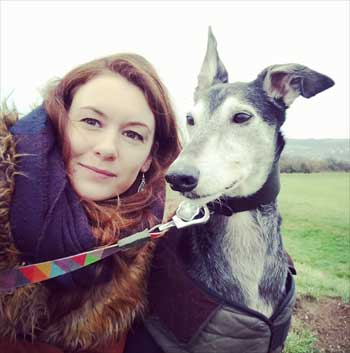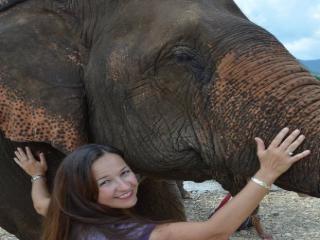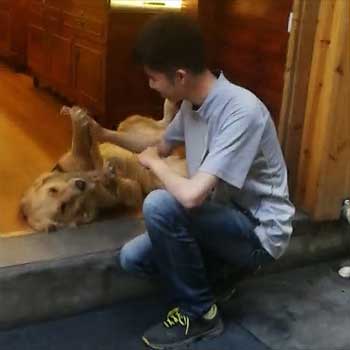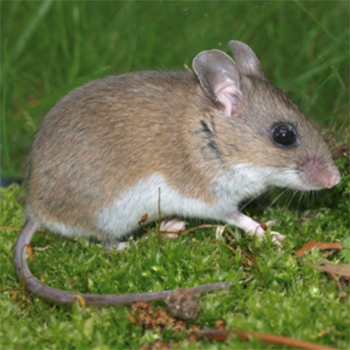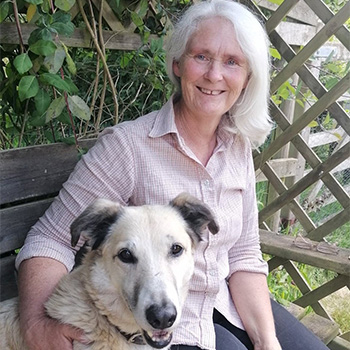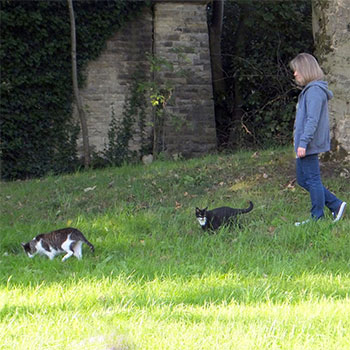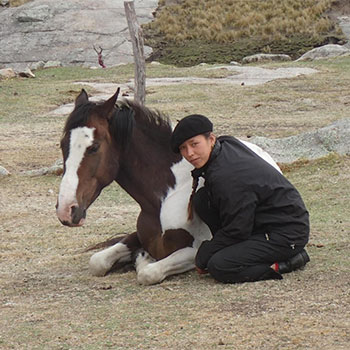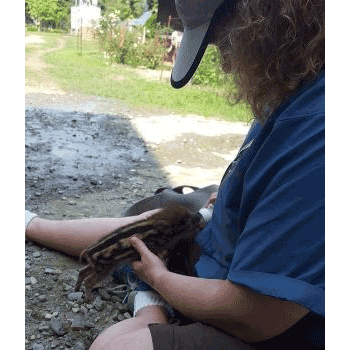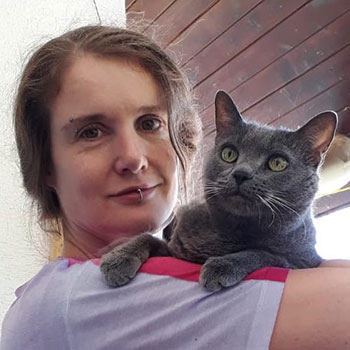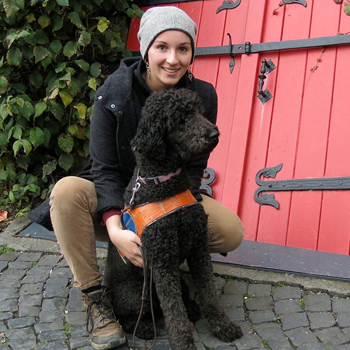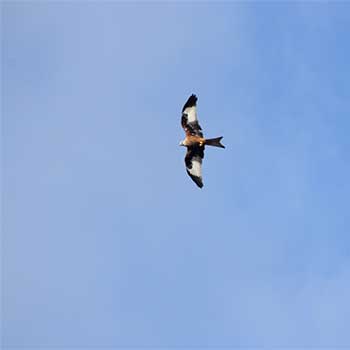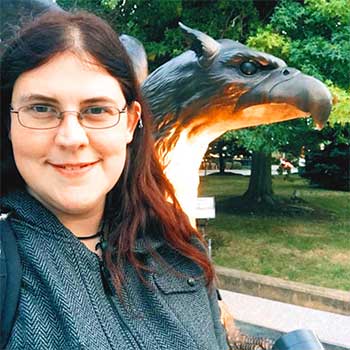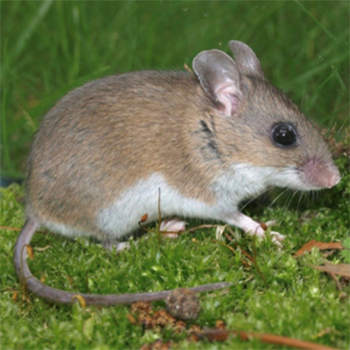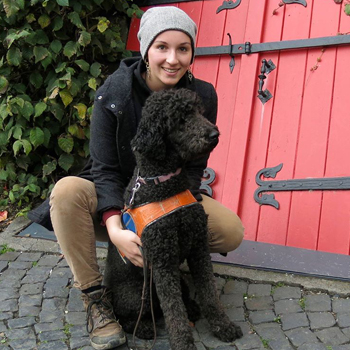People
The EASE working group brings together academics and postgraduate research students from diverse disciplinary backgrounds across the University of Exeter (including anthropology, philosophy, sociology, geography, bioscience, psychology and animal behaviour) whose research and teaching interests explore and address human interactions with other living things.

The Exeter Anthrozoology and Symbiotic Ethics working group has received some funding for a pilot study aimed at exploring the ways in which humans live alongside free roaming dogs. As part of this project, entitled Tails from the Streets’, we are attempting to establish a multi-species workspace where humans and dogs can co-exist and learn from each other. There are numerous reasons for this, including:
- Some team members are canophobic (afraid of dogs). By having friendly dogs in the office we can build a better understanding of dog behaviour and help overcome this fear before embarking on fieldwork with free roaming dogs. One of our hypotheses is that fear of dogs is a key factor which influences the way free roaming dogs are managed. The team are working with a human counsellor and several dog trainers to explore the issues associated with canophobia (in both humans and dogs) and how best to tackle them.
- Having dogs in the office will also enable us to trial different novel methodologies which will be employed in the field, including Qualitative Behavioural Assessments (QBA). Having various individual dogs in the office will mean that behaviours and the social dynamic will vary depending on which dogs are present and this will help when it comes to identifying and recording a wide range of behaviours and interactions in the field.
- While there has been a great deal of research conducted to date which argues for the benefits (to human health and wellbeing) of interacting with dogs, especially in relation to stress reduction, very little has focussed on the canine perspective. By conducting regular QBA in the office environment we will be able to address that oversight and contribute to discussions about the benefits or shortcomings of both multi-species interactions and the inclusion of dogs in the workplace.
Left to right: Bleddyn, Lottie, Annwn, Abi.


